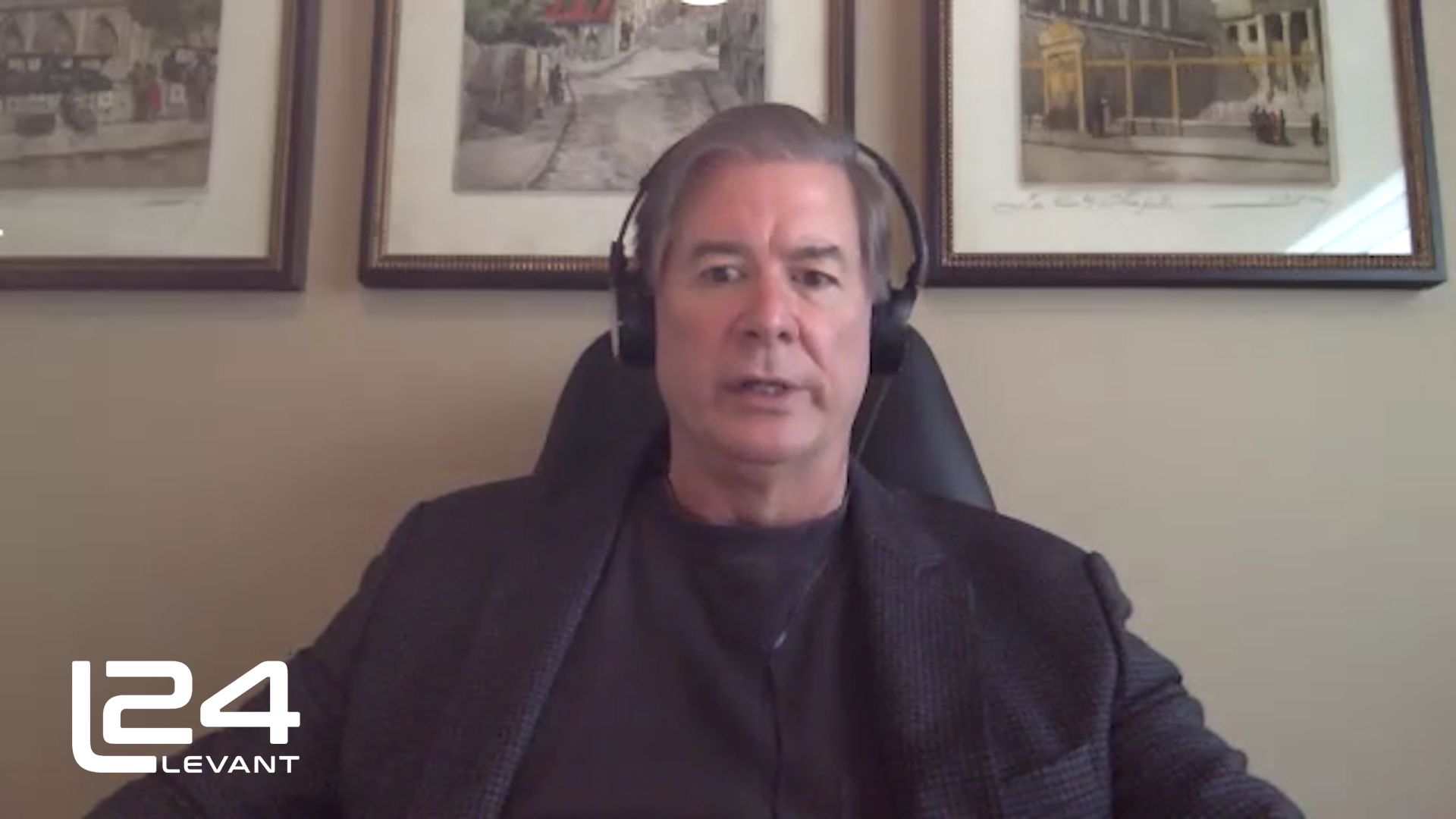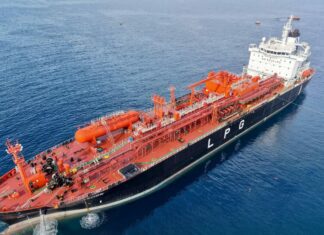
Preparations are underway for a National Conference intended to chart the political future of Syria following the collapse and overthrow of the Assad regime. The proposed dialogue, spearheaded by the new Syrian Transitional Government (STG), faces logistical and political hurdles but has been described as essential for addressing the void in governance left by more than a decade of war.
Dr. David Lesch, a renowned Middle East scholar, discussed the urgency and challenges of the conference in an exclusive interview with Levant 24 (L24). “The new government is moving quickly, which is important,” he said. “The longer a political vacuum persists, the more likely it is that polarizing positions will obstruct progress.”
Strategic Priorities
The conference aims to establish a foundational document outlining core principles of governance, including inclusivity, non-sectarianism, and minority rights. Dr. Lesch emphasized the importance of achievable goals: “This should be a cautious, well-thought-out process. Don’t promise too much, but over-deliver if possible.”
The preparatory committee tasked with organizing the conference has been scrutinized for its approach to invitations and agenda-setting. Many stakeholders insist on integrating armed groups like the Syrian Democratic Forces (SDF) into a unified national defense while ensuring that military actors do not dominate transitional governance – a balance Syria must strike to avoid the fate of Sudan, where military overreach led to renewed conflict.
“Special provisions for certain groups, such as autonomous zones, could hinder long-term unity,” Dr. Lesch warned. “In Syria, this would be particularly sensitive given Turkish interests and internal divisions.”
Complexities in Political Dialogue
Although the conference has been hailed as a step toward stability, its execution remains fraught with challenges. Internal sources indicate delays due to disagreements over the invitation structure and the roles of various political and ethnic groups. The nascent government has declared that all entities from the revolutionary period are now dissolved, asserting that participation must be based on national principles, not quotas or divisions.
Despite these declarations, the reluctance of “opposition bodies” like the Turkey-based National Coalition and Negotiating Body to dissolve themselves complicates the path forward. “The bodies have ended, and the work is collective,” the new administration stated, rejecting the continuation of such previous institutional power structures.
Public Sentiment & Emerging Political Life
A newfound political openness has emerged in Damascus, with citizens engaging in debates across cafes and forums. These spaces reflect a shift from the fear experienced under Assad to cautious optimism about Syria’s future. However, the absence of clear rules for political engagement raises concerns about long-term stability.
Dr. Lesch noted the importance of international participation, particularly from the United Nations, in establishing legitimacy. “I’m cautiously optimistic,” he said. “The new leadership seems to be doing and saying the right things, but actions will be the true test.”
A Rough Road Ahead
Syria’s path to recovery is burdened by economic devastation, lingering security threats, and the presence of foreign armies. While the National Conference is seen as a critical step, its success depends on achieving consensus among stakeholders and avoiding the pitfalls of sectarianism or military dominance.
As Syrians look toward a more inclusive and secure future, the international community and local leaders must navigate the delicate process of rebuilding a nation still haunted by the scars of war. The outcomes of such a meeting will likely determine whether Syria can emerge from its past into a more stable and unified era.








